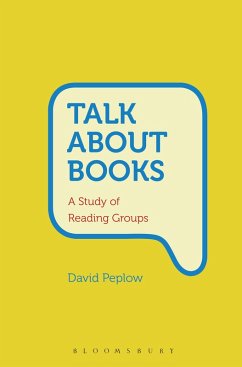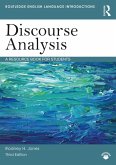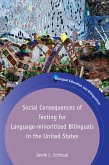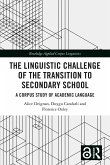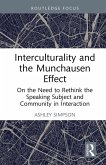Over the last two decades, reading groups have become increasingly popular in the UK and the USA. More and more people seem to be interested in sharing their reading experiences and hearing other readers discuss their views on books, whether this is online, through the mass media, or in face-to-face contexts.
In light of this explosion in popularity of reading groups, this ethnographic study focuses on several reading groups based across a variety of settings: public libraries, public houses and in readers' homes. A range of methods are used to investigate the practices of the individual readers and the groups, including participant observation, interviews, and audio-recordings of meetings.
Reading groups are found to be highly ritualized and potentially competitive places in which matters of identity and taste are often at stake. The groups studied are conceptualized as communities of practice, and the literary interpretations and evaluations offered within each group are shown to be a product of shared norms established by this group.
In light of this explosion in popularity of reading groups, this ethnographic study focuses on several reading groups based across a variety of settings: public libraries, public houses and in readers' homes. A range of methods are used to investigate the practices of the individual readers and the groups, including participant observation, interviews, and audio-recordings of meetings.
Reading groups are found to be highly ritualized and potentially competitive places in which matters of identity and taste are often at stake. The groups studied are conceptualized as communities of practice, and the literary interpretations and evaluations offered within each group are shown to be a product of shared norms established by this group.

